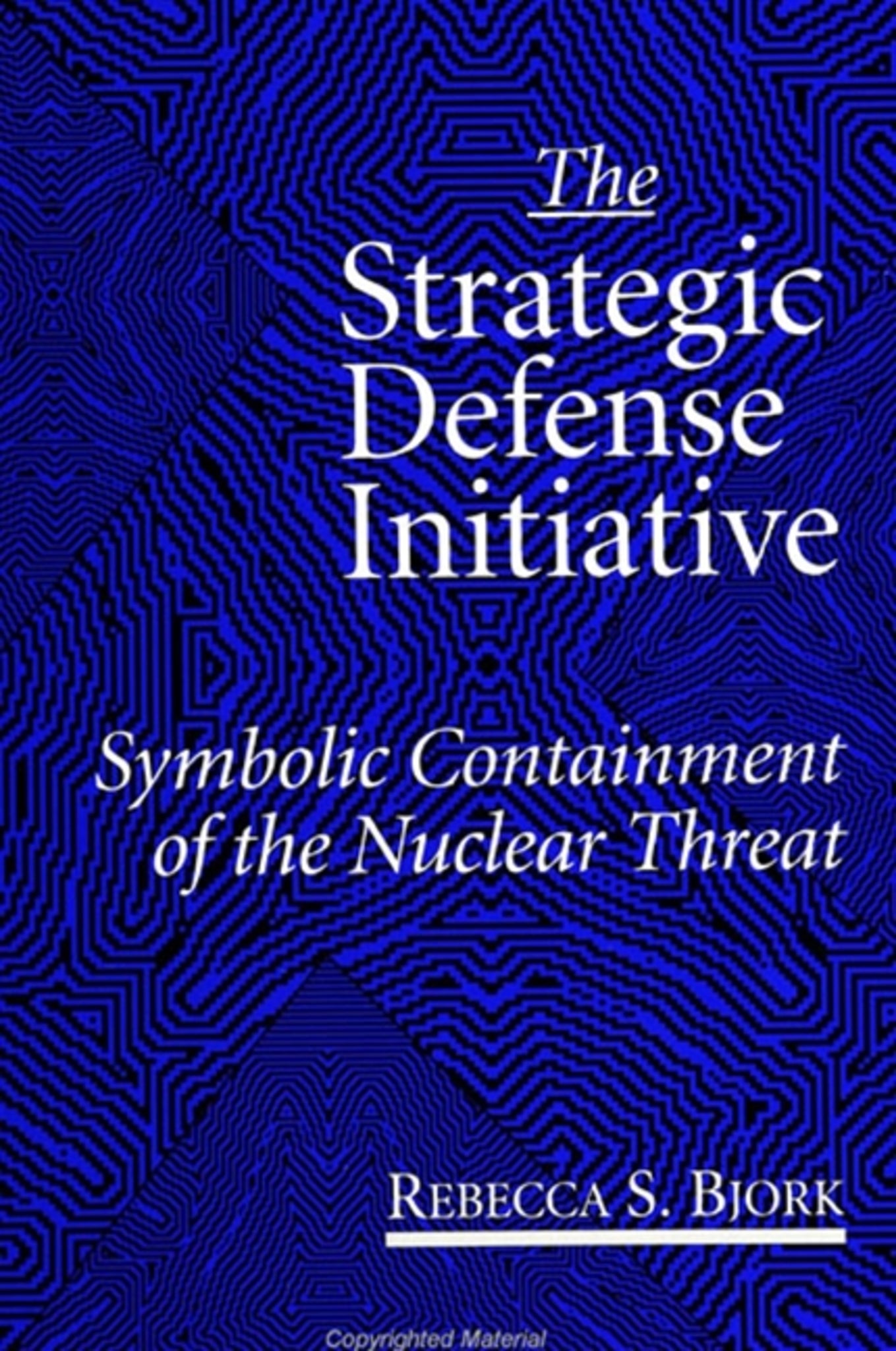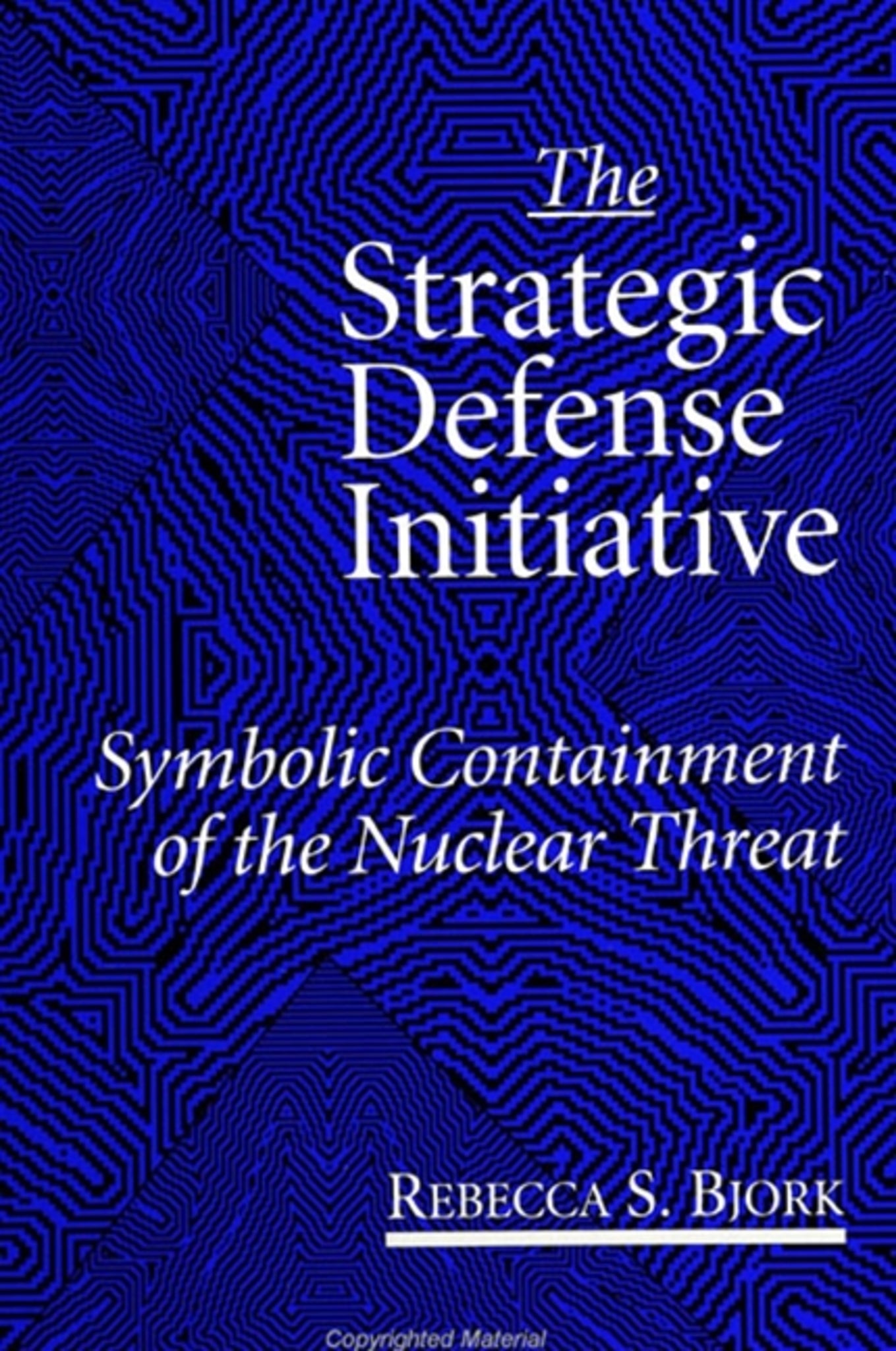We're sorry. An error has occurred
Please cancel or retry.
The Strategic Defense Initiative

Some error occured while loading the Quick View. Please close the Quick View and try reloading the page.
Couldn't load pickup availability
- Format:
-
03 November 1992

Through an analysis of the language and persuasive strategies used by the Reagan and Bush administrations in selling the SDI program to the Congress and the American public, Bjork takes a fresh approach to the study of U.S. foreign policy. She focuses on the shared meanings and understandings of policy as they are created through sociocultural interaction. Using Kenneth Burke's philosophy and critical method of dramatism as a theoretical framework, she shows how Reagan's SDI program appealed symbolically to a nostalgic sense of American history, replete with powerful images of American innocence and technological ingenuity in the face of difficult obstacles. Bjork concludes that the program has been shielded from criticism, has achieved symbolic and bureaucratic momentum, and serves to reinforce the isolation felt by ordinary American citizens from access to decisions over life and death issues.


"This book is extremely interesting to read. The author seeks to answer the question,'What is it about foreign policy as such that constrains public debate?' I view this as a subject of critical significance in a democracy, a topic which the author explores with intelligence and imagination. This issue is both important in itself and central to the field of American foreign policy." — Henry T. Nash, Wheaton College
"It's particularly strong in its analysis of the nuclear freeze movement's rhetorical strategy, and how this was co-opted by the Reagan Administration's SDI campaign. It is also a fascinating account of how SDI simply elided criticism by arguing that more research is needed. By locating these moments of recent history within the larger cultural ambit of US diplomatic history, the author has contributed in a significant way to an explanation of how this strange techno-strategic project could ever receive serious consideration and funding." — Bradley S. Klein, University of Hartford
Preface
1. Toward a Rhetorical Understanding of SDI
2. Innocence and Destiny in American Foreign Policy
3. Rhetorical Challenges to the Arms Race
4. The Symbolic Power of SDI
5. The "New World Order" and SDI
6. Public Debate in an Age of Strategic Defense
Notes
Works Cited
Index



